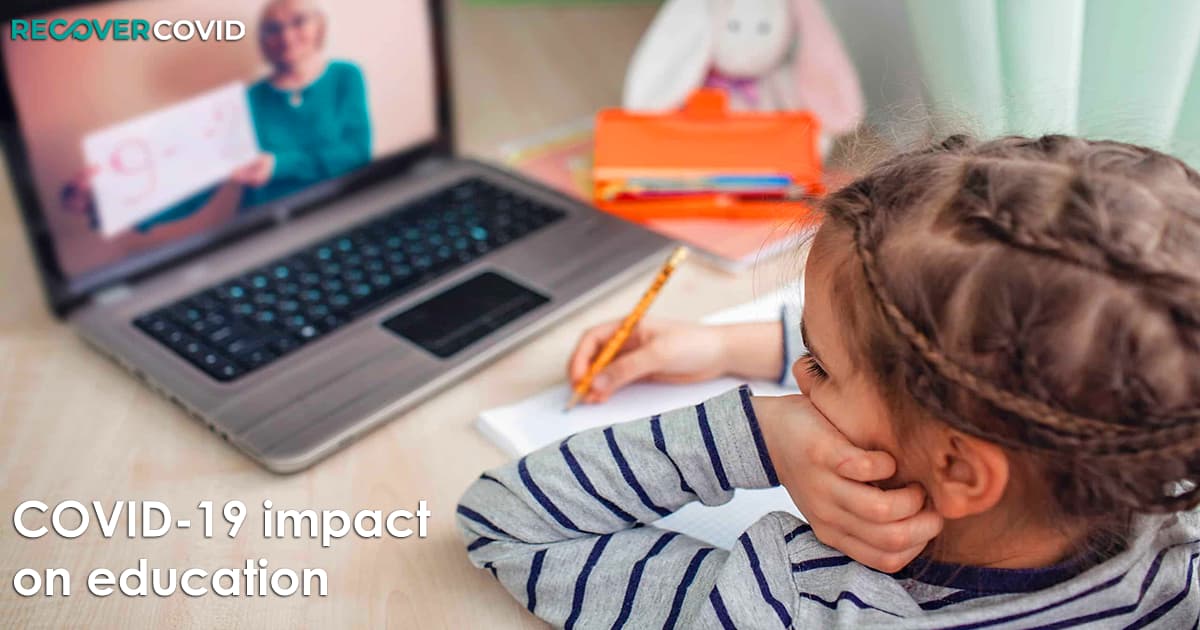Measuring progress
Another important consideration, particularly for college students, is the methods of measuring student progress. Assignments like tests are difficult to monitor while ensuring no cheating or dishonesty takes place. To accommodate for this, many teachers and professors have taken to written assignments like essays and papers to gage student knowledge. This has helped, but it has also left many unsatisfied.
Younger children have taken the hardest hit in their education. Many parents are not able to give them the attention they need, and their methods of learning is often more tactile and activity oriented. It is suspected that many children will be behind in their studies when the virus lifts next year. College students have it a bit easier because those who know that they are not able to learn properly through distance education can decide to take a gap year.
